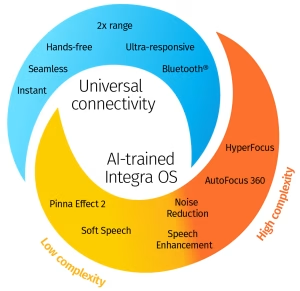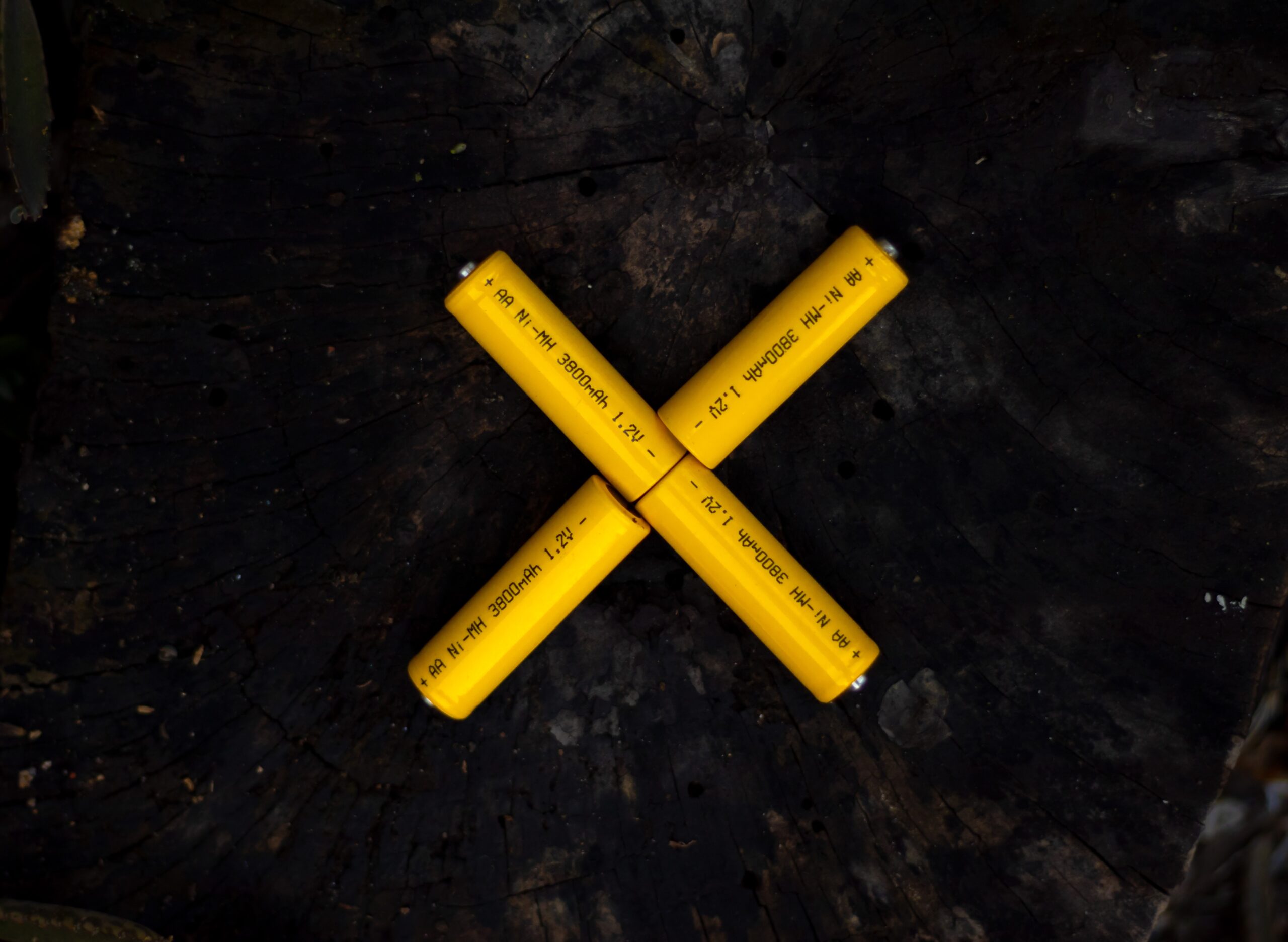

Rechargeable lithium-ion hearing aids have gained popularity in recent years due to their convenience and environmental benefits. However, like any technology, there are both advantages and disadvantages to consider. Hears Hearing & Hearables presents an overview of the good, the bad, and the ugly aspects of rechargeable lithium-ion hearing aids.
1. Convenience: Rechargeable hearing aids eliminate the need to regularly replace disposable zinc air batteries. Instead, they can be easily recharged overnight, saving you time and money in the long run.
2. Environmental Impact: Rechargeable batteries help reduce the amount of electronic waste generated by disposable zinc batteries, making them a more environmentally friendly choice.
3. Improved Battery Life: Lithium-ion hearing aid batteries generally offer longer battery life compared to disposable zinc-air batteries. This means you can go longer periods between charges, providing a more consistent and reliable hearing experience.
4. User-Friendly: Rechargeable lithium-ion hearing aids often come with user-friendly charging options such as docking stations or portable charging cases, making it simple to charge and store your devices.
5. Helps with Dexterity: People who have dexterity issues do not have to worry about putting the tiny little zinc-air battery fitting into the battery door.
6. Lower Vision: As we age, let’s face it, it is harder to see tiny pieces. Clearly, it is much easier to not have to place the tiny zinc-air battery the right way into the battery compartment. And dropping a battery on the floor is a frustrating adventure for those of us with vision loss. With a recharging lithium-ion battery, this is no longer a worry. It is easy to place a rechargeable lithium ion hearing aid into its charger.
1. Initial Cost: Rechargeable hearing aids can be more expensive upfront compared to traditional hearing aids that use disposable batteries. However, this cost may be offset by the long-term savings from not having to buy replacement zinc-air batteries.
2. Battery Degradation: Like all rechargeable batteries, lithium-ion batteries degrade over time and lose their maximum capacity. This means that over the lifespan of the hearing aid, you may experience reduced battery performance and shorter overall battery life. Hears to U reminds their patients about warranties so people can send in their hearing aid for replacement parts.
1. Limited Availability: While rechargeable hearing aids are becoming more popular, not all hearing aid models offer a rechargeable option. Since Covid-19, more people are wanting in-the-ear hearing aid with a recharging feature. Your choices may be limited depending on the specific features and technologies you require.
2. Charging Infrastructure: Rechargeable hearing aids require access to a power source or charging station. If you frequently find yourself in situations without easy access to electricity, it may be challenging to keep your hearing aids charged.
3. Forgotten charge left behind: Hears to U has realized that people forget their chargers when traveling. Please remember to bring a charger and it doesn’t hurt to have a backup lithium-ion charger for your device to keep in your suitcase.
4. Broken charger: Chargers like other products break. Not only does the charger malfunction on occasion, but Hears to U finds that more than likely the cord goes back. Having some backup cords and a charger is a great idea so you do not end up with out a charged-up hearing aid.
It’s important to consider your lifestyle, preferences, and specific hearing needs when deciding between rechargeable and disposable battery hearing aids. Consulting with an audiologist can help you make an informed decision based on your individual circumstances. Hears to U is happy to help you with this decision.
Signia Pure AX hearing aids utilize the revolutionary Augmented Xperience platform, featuring dual processors to separate speech and background noise for a more natural listening experience. Designed for clarity and comfort, these rechargeable hearing aids offer Bluetooth streaming, tinnitus therapy, and advanced motion sensor technology. Key features include:
Powered By SinglerDesign.com